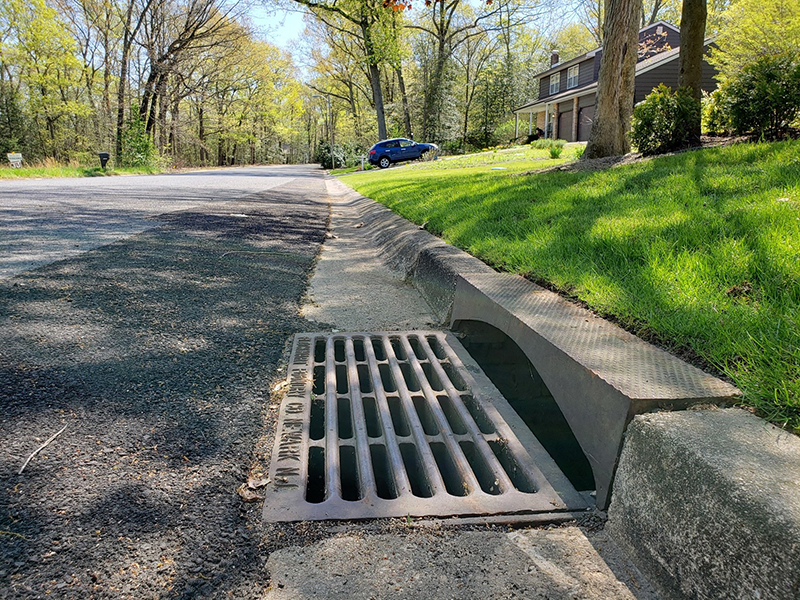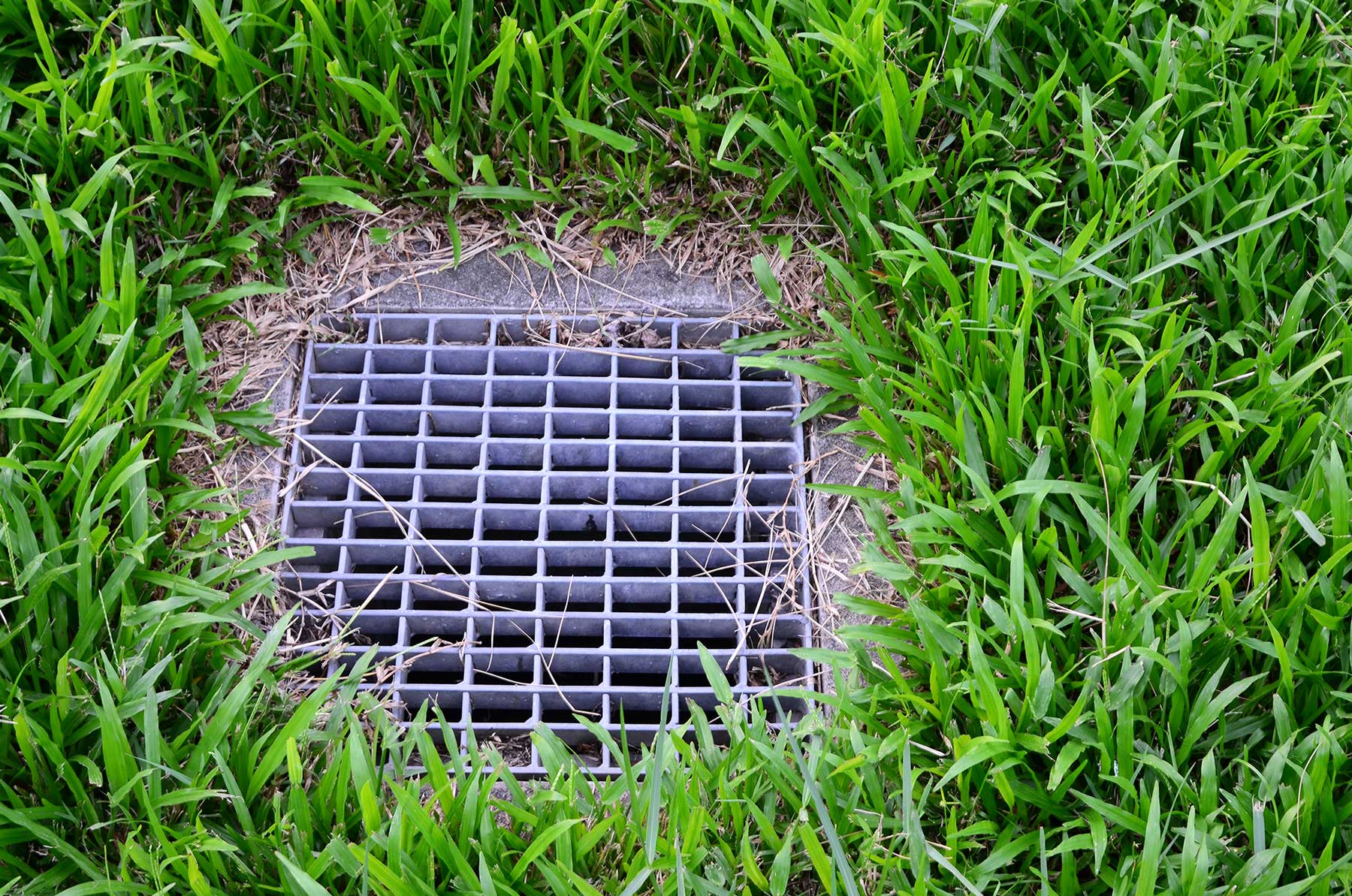Residential Storm Drain Servicesin Clinton Township MI
Residential Storm Drain Solutions to Protect Your Home from Water Damage
We Are Locally Owned & Operated For Over 37 Years
Contact Us Today!
We Serve Businesses In And Around The Following Cities:
About Residential Storm Drain Services
Understanding the Vital Role of Residential Storm Drains in Clinton Township
The charm of commercial properties in Clinton Township is often underscored by the township’s geographical location. Nestled within the natural beauty of Michigan State, the township is no stranger to seasonal weather changes and other environmental dynamics. This unique blend of environmental factors arrays the importance of the Residential Storm Drain, a key component in managing stormwater runoff for commercial properties. With storm drains playing such a vital role, understanding their relevance, process, and real-world benefits becomes crucial for commercial property owners in the region.
Navigating the Essentials of Residential Storm Drain Systems
A residential storm drain, simply put, is a specialized infrastructure designed to carry away excess rain or ground water from the impervious surfaces like your driveway, yard, or basement. Each storm drain for a house plays a critical role in preventing water stagnation and subsequent property damage, as well as reducing the incidence of flooding during heavy rains.
When installed properly within your commercial property in Clinton Township, a storm drain serves as an invaluable addition. In real estate applications such as retail complexes and residential communities, a well-maintained storm drain system ensures the premises remain water-free during extreme weather, thus maintaining the visual appeal and functionality of the property.
Expanding Perspectives: More Than Just a Simple Storm Drain
Understanding the functionality of each type of drain system is just as crucial. A storm drain for a driveway, for instance, works by redirecting surface runoff away from the driveway to prevent additional cracking or damage. Similarly, a backyard storm drain or a storm drain in your yard aids in maintaining the aesthetic appeal of your green spaces, safeguarding them from erosions and water logging.
Thinking vertically, a storm drain in the basement tackles the challenge of water seeping down and causing damage at the building’s lower levels. A reliable storm drain basement system in your commercial property helps maintain the property’s underlying structure, preventing costly repairs down the line. In effect, a solid storm drain basement system does not just shield your property from harm, but also enhances its overall longevity and value.
Real-World Applications and Benefits
Take, for example, a mid-size commercial residential community in Clinton Township, facing seasonal flooding issues due to a lack of a robust storm drain system. By engaging professional service providers like D&J Contracting, they installed comprehensive storm drain systems across the property’s driveways, yards, and basements, alleviating the flood issues. Post-implementation, the property saw fewer instances of water damage, considerably reducing repair and maintenance expenses, and enhancing tenant comfort and satisfaction.
On another note, consider a retail complex with a large storm drain for its yard, maintained by D&J Contracting. The system ensured that despite the heavy seasonal rains of Clinton Township, the parking, and the pedestrian areas remained water-free and safe. Shopping experiences improved, footfall increased, and so did the overall business health.
Making the Smart Choice in Storm Drain Solutions
Commercial properties are a substantial investment. As such, safeguarding them against water-related damages is a prudent move. Whether it’s a storm drain for your driveway or a storm drain in your basement, understanding the importance, functionality, and benefits of each system can help you make informed decisions regarding their implementation and maintenance. By engaging a professional and experienced service provider such as D&J Contracting, you not only ensure effective implementation but also get the benefit of regular maintenance, thus enhancing your investment’s longevity and value.
With stormwater management in Clinton Township becoming increasingly crucial due to changing climatic conditions, it’s the right time to consider how having a robust residential storm drain system on your commercial property can make a significant difference. So take that necessary action today, assess your storm water management systems, and secure your commercial property for years to come.
Residential Storm Drain Services Gallery


Call Us Today to receive your Free Quote for
Residential Storm Drain in Clinton Township
Serving: Clinton Township, Michigan

About Clinton Township, Michigan
The first settlement on the land that is now Clinton Township was called Gnadenhuetten and was established in 1782 by Rev. David Zeisberger, but closed in 1786. It was organized as “Huron Township” on August 12, 1818, named after what was then known as the Huron River. Because of confusion with another Huron River south of Detroit, on July 17, 1824, the Michigan Territorial Legislature renamed both the township and the river after DeWitt Clinton, the popular governor of New York from 1817 to 1823 who was largely responsible for building the Erie Canal which enabled many settlers to come to Michigan.
Moravian Drive is the township’s oldest road, dating back to the days when Moravian missionaries settled to attempt to convert the local Native Americans.
Clinton Township is in south-central Macomb County. The city of Mount Clemens, the Macomb county seat, is bordered on three sides by the northeast part of the township.
According to the United States Census Bureau, Clinton Township has a total area of 28.37 square miles (73.5 km), of which 28.03 square miles (72.6 km) are land and 0.35 square miles (0.91 km), or 1.22%, are water. The Clinton River, for which the community is named, is formed from three branches within the township. It runs east into Harrison Township, where it flows into Lake St. Clair. The township is home to many parks, notably George George Memorial Park.
There are two unincorporated communities in the township:
- Broad Acres is located in the southeastern portion on M-3/Gratiot Avenue between 15 Mile and Quinn Roads (42°32′57″N 82°54′08″W / 42.54917°N 82.90222°W; Elevation: 610 ft./186 m.).
- Cady is located in the southwestern portion at Utica and Moravian Roads (42°33′37″N 82°57′52″W / 42.56028°N 82.96444°W; Elevation: 614 ft./187 m.). It was founded in 1833 by Chauncey G. Cady. Cady served for a time as township supervisor and was also a member of the state legislature. It had a post office from 1864 until 1906.
| Census | Pop. | Note | %± |
|---|---|---|---|
| 2000 | 95,648 | — | |
| 2010 | 96,796 | 1.2% | |
| 2020 | 100,513 | 3.8% | |
| 2023 (est.) | 99,377 | −1.1% | |
| U.S. Decennial Census | |||
| Race / Ethnicity (NH = Non-Hispanic) | Pop 2000 | Pop 2010 | Pop 2020 | % 2000 | % 2010 | % 2020 |
|---|---|---|---|---|---|---|
| White alone (NH) | 86,042 | 78,062 | 72,926 | 89.96% | 80.65% | 72.55% |
| Black or African American alone (NH) | 4,424 | 12,509 | 17,428 | 4.63% | 12.92% | 17.34% |
| Native American or Alaska Native alone (NH) | 223 | 230 | 192 | 0.23% | 0.24% | 0.19% |
| Asian alone (NH) | 1,597 | 1,723 | 2,170 | 1.67% | 1.78% | 2.16% |
| Pacific Islander alone (NH) | 11 | 29 | 19 | 0.01% | 0.03% | 0.02% |
| Other race alone (NH) | 82 | 82 | 335 | 0.09% | 0.08% | 0.33% |
| Mixed race or Multiracial (NH) | 1,605 | 1,871 | 4,449 | 1.68% | 1.93% | 4.43% |
| Hispanic or Latino (any race) | 1,664 | 2,290 | 2,994 | 1.74% | 2.37% | 2.98% |
| Total | 95,648 | 96,796 | 100,513 | 100.00% | 100.00% | 100.00% |
As of the census of 2010, there were 96,796 people, 42,036 households, and 25,678 families residing in the township. The racial makeup of the township was 82.08% White, 13.04% African American, 0.28% Native American, 1.79% Asian, 0.03% Pacific Islander, 0.61% from other races, and 2.17% from two or more races. Hispanic or Latino people of any race were 2.37% of the population. By 2016, the township’s population was estimated to have surpassed 100,000.
In 2000, there were 40,299 households, out of which 28.1% had children under the age of 18 living with them, 48.7% were married couples living together, 10.9% had a female householder with no husband present, and 36.6% were non-families. 30.8% of all households were made up of individuals, and 10.8% had someone living alone who was 65 years of age or older. The average household size was 2.35 and the average family size was 2.98.
In 2000, 22.4% of the population was under the age of 18, 9.1% from 18 to 24, 30.9% from 25 to 44, 23.4% from 45 to 64, and 14.3% who were 65 years of age or older. The median age was 37 years. For every 100 females, there were 92.4 males. For every 100 females age 18 and over, there were 88.5 males. The median income for a household in the township was $50,067, and the median income for a family was $61,497. Males had a median income of $48,818 versus $29,847 for females. The per capita income for the township was $25,758. About 4.2% of families and 5.8% of the population were below the poverty line, including 7.4% of those under age 18 and 6.8% of those age 65 or over.
Chippewa Valley Schools, with two high schools (Chippewa Valley and Dakota), and Clintondale Community Schools, with one high school (Clintondale High), are the primary school districts in the township. Other school districts that operate within Clinton Township are L’Anse Creuse, Fraser, and Mount Clemens.
Call Us Today to receive your Free Quote for
Residential Storm Drain in Clinton Township
Related Services in Clinton Township, Michigan
We Serve Businesses In The Following Zip Codes:
48007, 48015, 48021, 48026, 48035, 48036, 48038, 48042, 48043, 48044, 48045, 48046, 48047, 48048, 48050, 48051, 48066, 48071, 48080, 48081, 48082, 48083, 48084, 48085, 48088, 48089, 48090, 48091, 48092, 48093, 48098, 48099, 48225, 48230, 48236, 48310, 48311, 48312, 48313, 48314, 48315, 48316, 48317, 48318, 48397